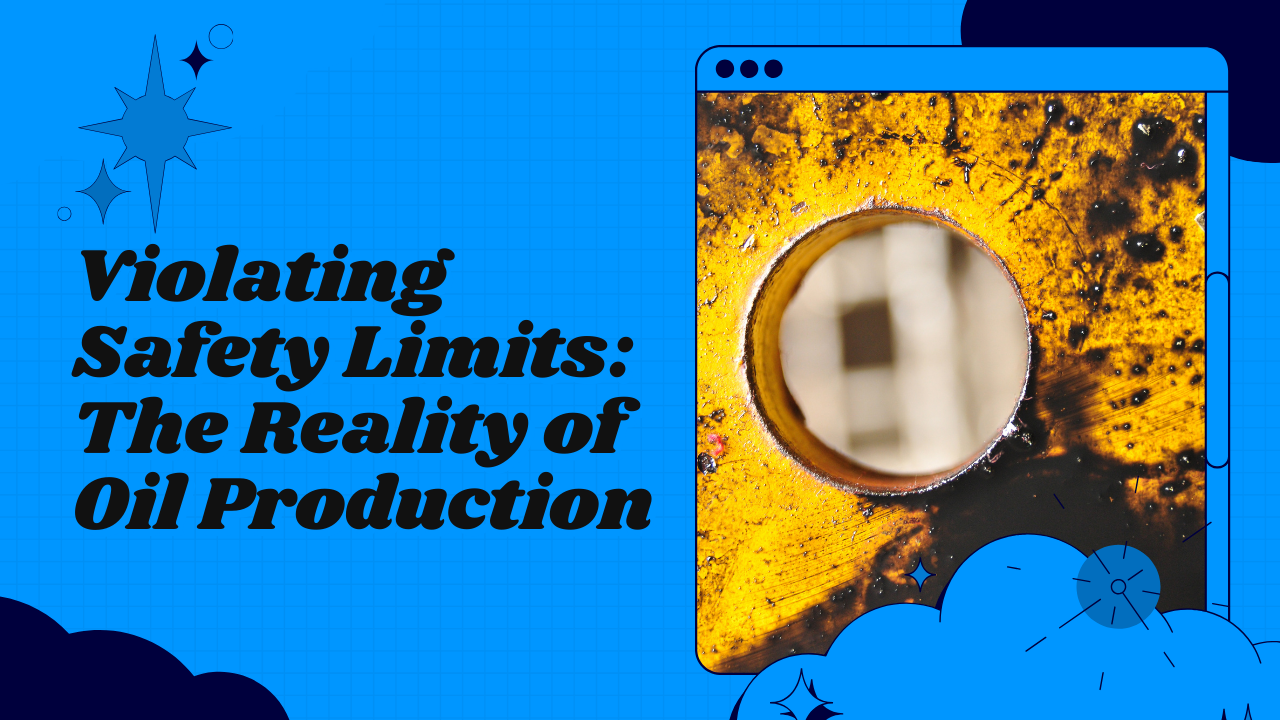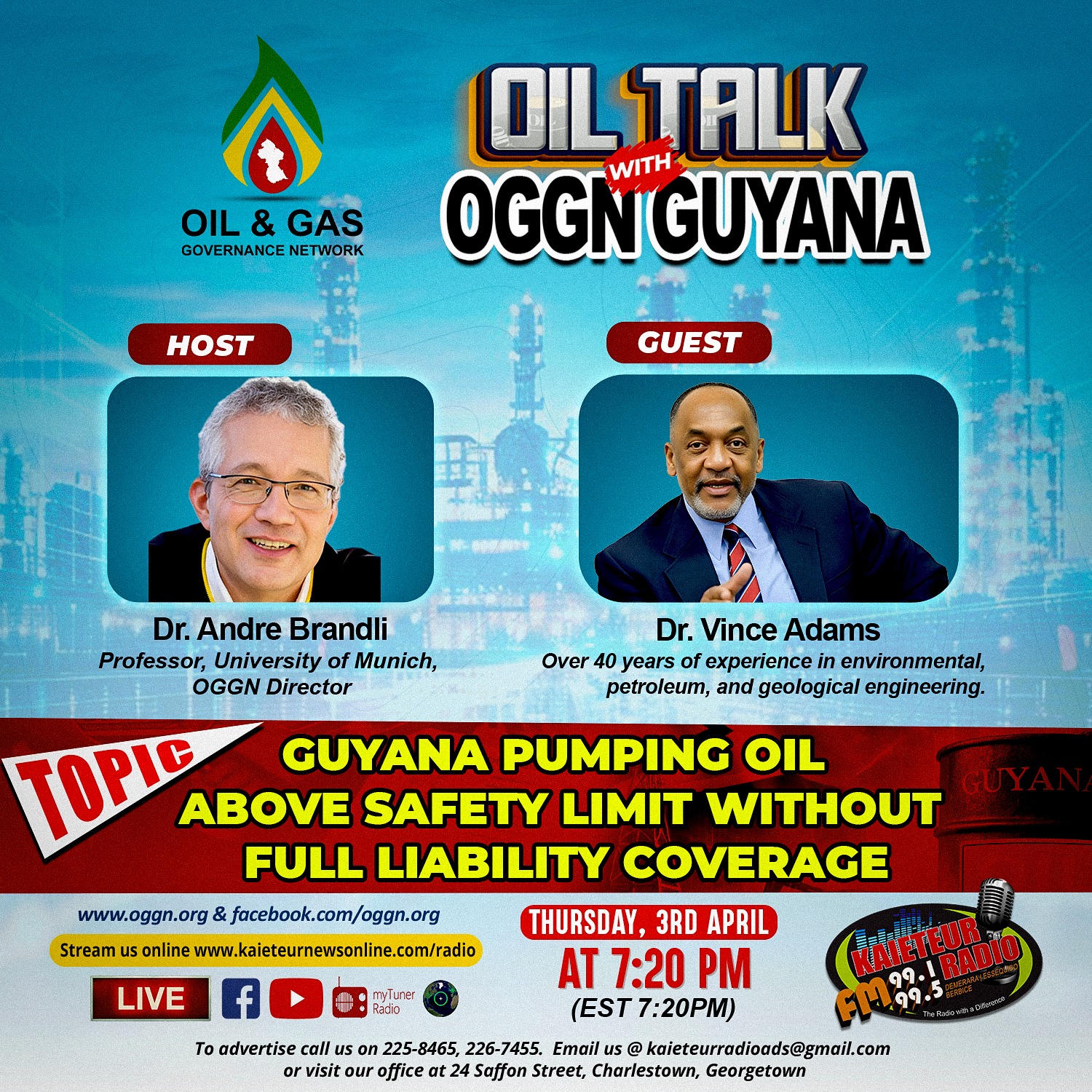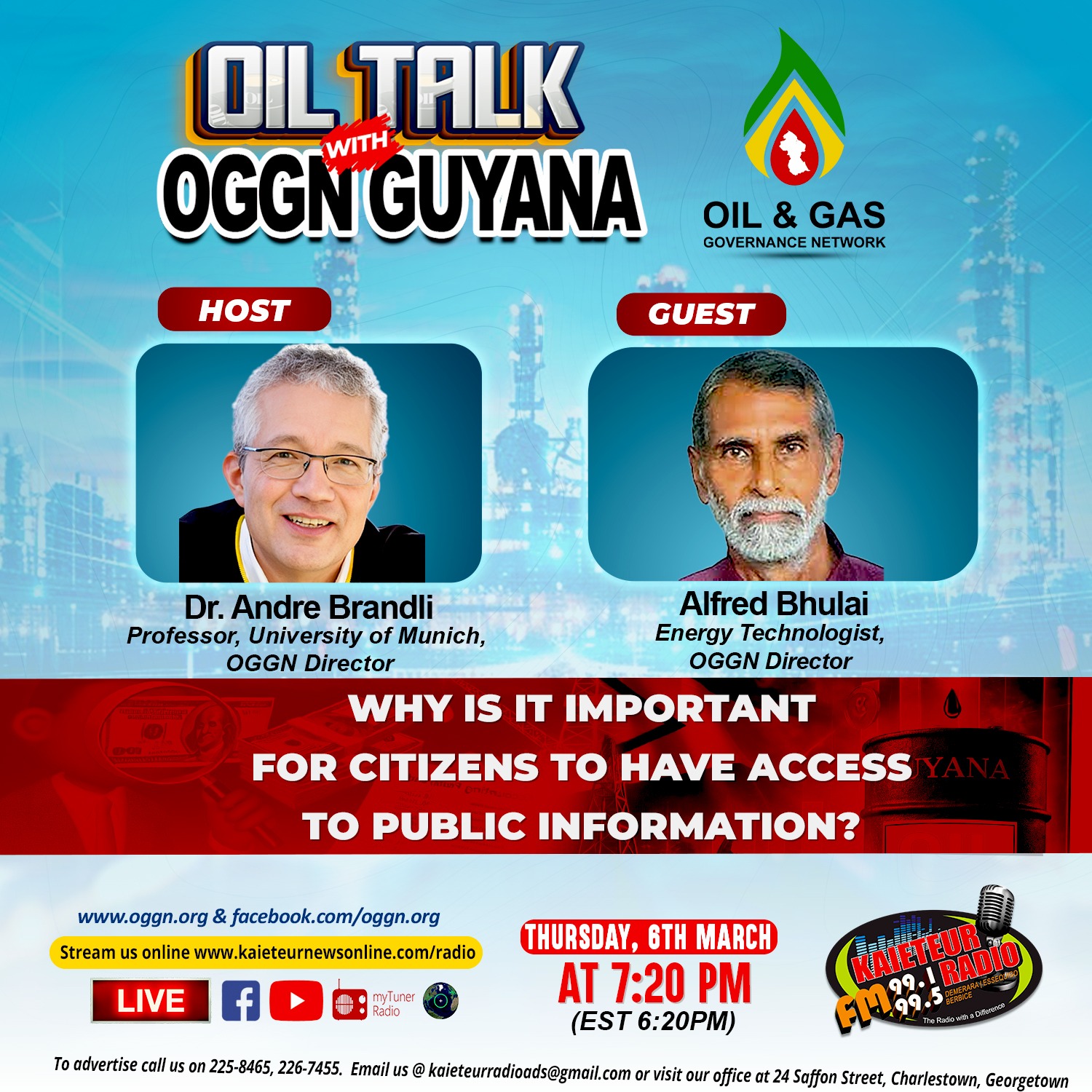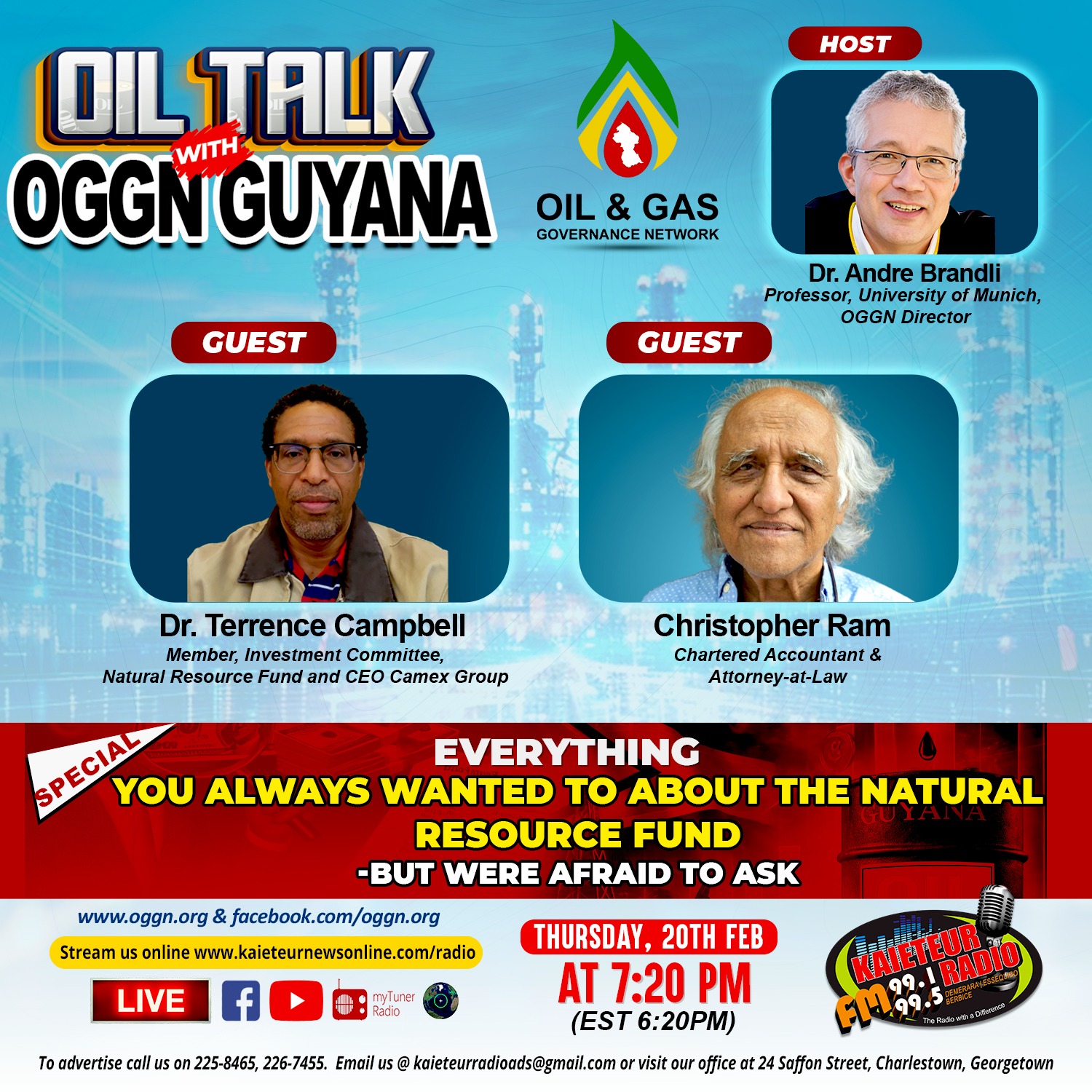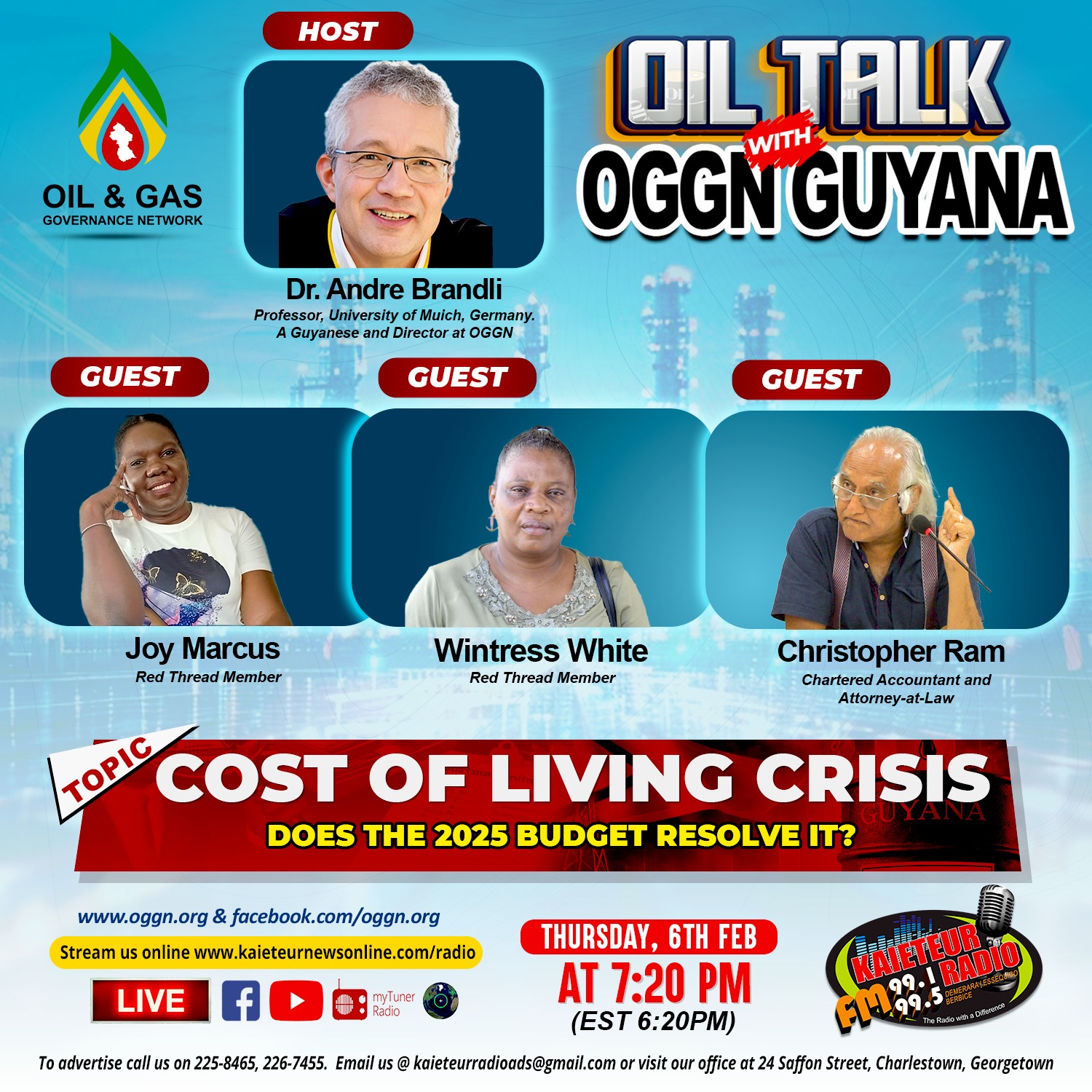Q1: What are Dr. Adams’ qualifications and background in the oil and gas sector?
A1: Dr. Adams has a bachelor’s degree in civil and environmental engineering from the University of Guyana. He worked for the Guyana Water Authority drilling water wells across Guyana. He has a master’s degree in hydrogeology and studied petroleum and geological engineering at the University of Missouri, specializing in reservoir engineering. He worked as a senior petroleum engineer for BP developing enhanced oil recovery technology. He also has a PhD in environmental engineering and worked for the US Department of Energy managing nuclear weapons sites and national labs.
Q2: What did Dr. Adams do at the EPA in Guyana regarding oil spill liability coverage?
A2: Dr. Adams required ExxonMobil to show proof of insurance and a parent company guarantee to cover any oil spill liabilities above what the insurance covered before he would approve permits for them to produce oil. This resulted in Exxon obtaining around $2 billion in coverage.
Q3: How does Dr. Adams describe the environmental impact assessment (EIA) report?
A3: Dr. Adams says the EIA is like the bible or gospel of the industry. It identifies all the risks and hazards and should be followed religiously. The EIA set a safe production limit that is being violated.
Q4: What are Dr. Adams’ concerns about Exxon exceeding the EIA’s safe production limits?
A4: Exceeding the limits increases the risk of a spill. The Liza 1 field is producing 55% above its safe limit of 120,000 bpd. This disregard for safety guidelines worries Dr. Adams and puts the country and region in jeopardy.
Q5: What does Dr. Adams say would be the impact of a major oil spill in Guyana?
A5: Models show a major spill could devastate the Caribbean region. It would likely hit Trinidad, Venezuela, and islands up to Jamaica. It could cost over $100 billion in damages, bankrupt countries, and destroy fishing and tourism industries across the region.
Q6: What is Dr. Adams’ view on the Natural Resource Fund set up by the previous government?
A6: He believes money should go towards helping the poor and developing education, healthcare, housing and food security first rather than being invested. Norway only set up its wealth fund after becoming rich from oil.
Q7: What happened when Dr. Adams required the oil companies to provide parent company guarantees?
A7: ExxonMobil initially pushed back but eventually got insurance coverage and agreed to guarantee liabilities above that. However, after Dr. Adams left, the government challenged its own permit requirement and is now only requiring $2 billion in coverage.
Q8: What does Dr. Adams think about the government appealing the oil spill coverage court case?
A8: He says it is ridiculous and irresponsible for the government to appeal its own permit requirement that was clearly written. This shows the government is acting on Exxon’s behalf rather than representing its people.
Q9: How does Dr. Adams respond to criticism that he is against oil production?
A9: He emphasizes he strongly supports maximum safe production. However, safety guidelines must be followed. He has experience developing technologies to boost production.
Q10: What does Dr. Adams think about the vice president’s comments on measuring oil production?
A10: He says they demonstrate a lack of understanding of the technical issues. Fiber optic cables just transmit data, they do not provide independent measurements. Satellites also cannot directly measure production levels on ships.
Q11: How did Dr. Adams try to build capacity at the EPA before he left?
A11: He established a Petroleum Unit staffed with qualified engineers. He also instituted a study leave policy to train staff at universities but this was later cancelled. The World Bank provided funding that was also scrapped after he left.
Q12: What is Dr. Adams’ view on gas flaring?
A12: He says the practice continues and has gotten worse. The EPA effectively prohibited routine flaring under his leadership but the new clause allows unlimited flaring during “maintenance” periods. Fines are minimal so Exxon has no incentive to reinject gas.
Q13: Why does Dr. Adams think Exxon bid for new oil blocks despite less favorable terms?
A13: Exxon will still profit with even a 10% royalty compared to 2% originally. Their bidding shows the original terms were still extremely lucrative. This undermines the government’s excuses for not renegotiating.
Q14: What does the ERM specialist’s quote tell Dr. Adams?
A14: It confirms his point that the EIA identifies hazards and its guidelines must be rigorously followed to prevent them, yet Exxon violates the production limits set by the EIA.
Q15: Who does Dr. Adams say the government is representing?
A15: He accuses the government of representing Exxon instead of the Guyanese people. Exxon does not even have to advocate much now since the government does it for them.
Q16: What past PPP criticisms does Dr. Adams highlight as hypocritical?
A16: As opposition, Jagdeo and others slammed the Exxon deal. Now in power, they have failed to renegotiate the contract terms as promised and act as Exxon’s agent.
Q17: How does Dr. Adams respond to being called names by the Vice President?
A17: He says it reflects poorly on the Vice President more than him. Competent leaders worldwide who need his expertise do not care about his background.
Q18: What does Dr. Adams want the government to do regarding oil production?
A18: He wants the government to start representing the Guyanese people instead of Exxon. They need to hold Exxon accountable and ensure oil is produced safely and responsibly.
Q19: What warnings does Dr. Adams offer in his closing remarks?A19: He warns that violating safety limits, inadequate oil spill coverage, and other reckless actions put Guyana and the region in great jeopardy. The consequences could be catastrophic and must be prevented through common sense policies and regulations.







